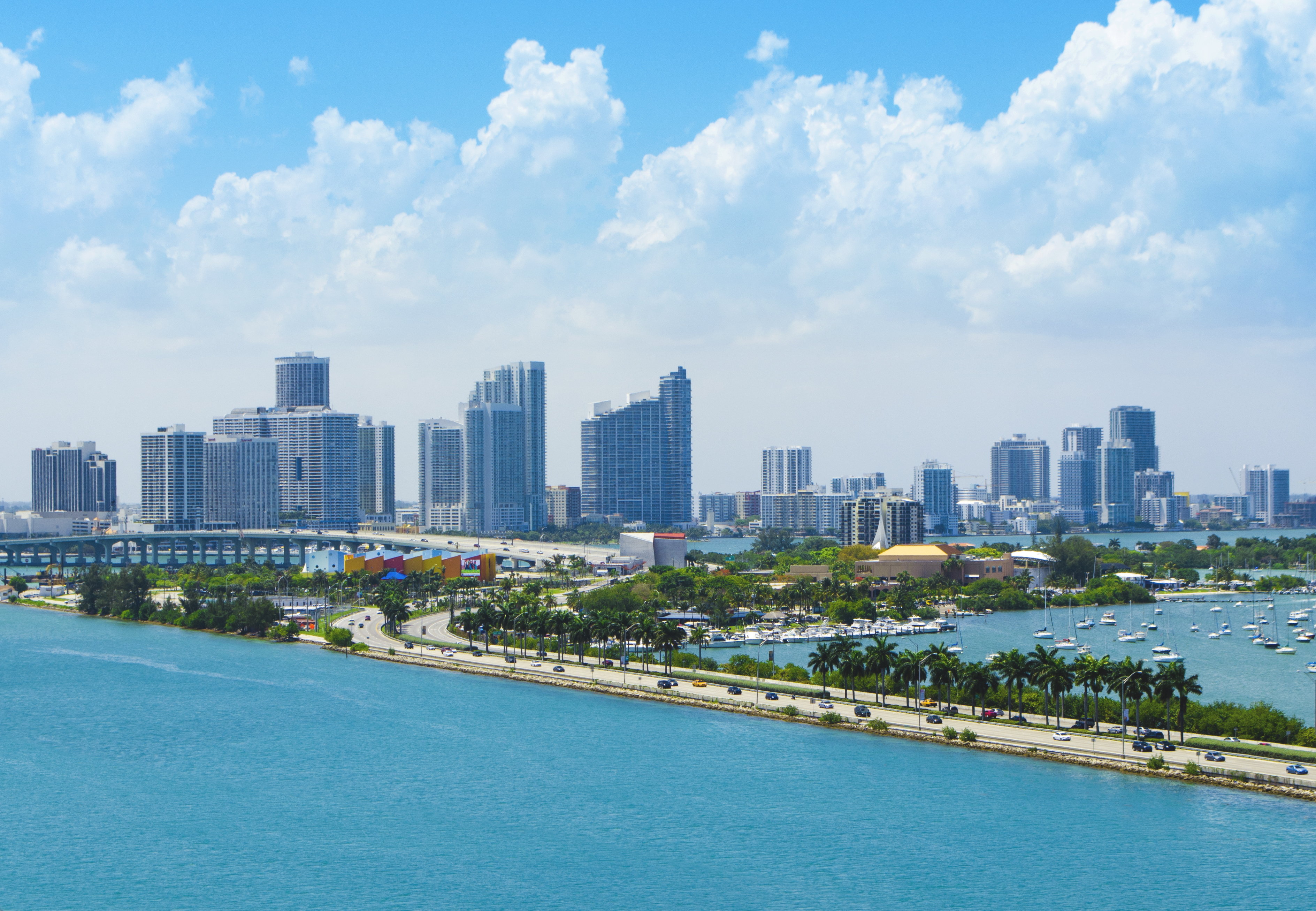Daniel Marre thinks hospitality is in a strange place. Marre is partner and firm wide co-chair of international law firm Perkins Coie’s leisure practice, and he is currently working with the developers of three hotels, two of which are in Chicago and one in Miami. All three are in the midst of renovations and rebrandings, but according to Marre they may be among the first of the last for some time.
“Right now we are past the hotel redevelopment peak,” Marre said. “At this point in the cycle I can’t see any equity investor or a lender putting up money for the process."
He elaborated that, particularly in Chicago, a large degree of new construction has taken place, particularly in office buildings. This construction has pushed older office buildings down a class (from A to B, B to C, and so on). Many of these older buildings would have been converted into hotels in previous years, but instead are being rechristened as multifamily housing. Marre’s Chicago hotels began work in 2012 and 2013, and are going live in the next 30 days, meaning they just barely dodged the equity guillotine.
“One of my mentors at the firm taught me early on about the rule of 500,” Marre said. “In real estate, if a market can support 500 units then 500 developers will all build 500 units.”

The two Chicago redevelopments are the Robey and the Conrad Chicago. Marre described the Robey as a “tech marvel” when it was constructed in the 1920s, but it hasn’t received much attention since then. The building is being reborn partly as a four-star hotel and partly as a hostel, and is being marketed to tourists who want to stay out of the city’s central business district.
The property that is home to the future Conrad was once the headquarters of an advertising firm that was also its only occupant. It was constructed in 1970s but suffered because it was in the wrong location for an office building, but is in a great location for a hotel.
The third property he is working with is the Aloft Miami Dadeland, which previously operated as a Hotel Indigo. The owners decided to switch flags to a Starwood Hotels & Resorts Worldwide brand to take advantage of the company’s powerful and growing reservation system as it links up with Marriott.
Marre's projects that all make sense, but why does he think things are slowing down? First, he said the industry is gripped with a profound strangeness thanks to domestic and international uncertainty: The presidential election on Tuesday, the unknown long-term impact of the Brexit and the unpredictability of federal interest rates count high on his list of concerns. On top of that, every industry think tank agrees we have passed the cycle’s peak, but nobody can pin a nail on where we land on the downward slope.
However, Marre chose his markets to work in wisely. “Miami is incredibly robust, but it’s suffering from much of the oversupply and economic concerns as the rest of the country, though I view it more like New York than Chicago,” he said. He cited the state’s draw with international travel and investment, particularly from Latin America, but said it is susceptible to industry outsiders like Airbnb, which can undermine rate on important nights.

“Airbnb becomes a factor on compression nights when every hotel room is full and prices are jacked up through the room,” Marre said. “Travelers would rather crash in someone else’s apartment than pay $500 a night, and New York feels it because it has more compression nights than anywhere else.”
Factors like these lend to the uncertainty of what should be major wins for hospitality, such as the World Series taking place in Chicago, though the city has a more subdued Airbnb presence. One thing Marre was quick to point out was that major international factors will always hit the major metropolitan hubs first and hardest, with Brexit impacting Miami, New York and Chicago before it hurts Nashville, Charlotte or Minneapolis.
“Those secondary cities are doing spectacular because they U.S. economy is strong and they are somewhat sheltered,” Marre said. “Globalization is a great thing for many people but this is one of the downsides. You can’t always predict or control your own market.”
